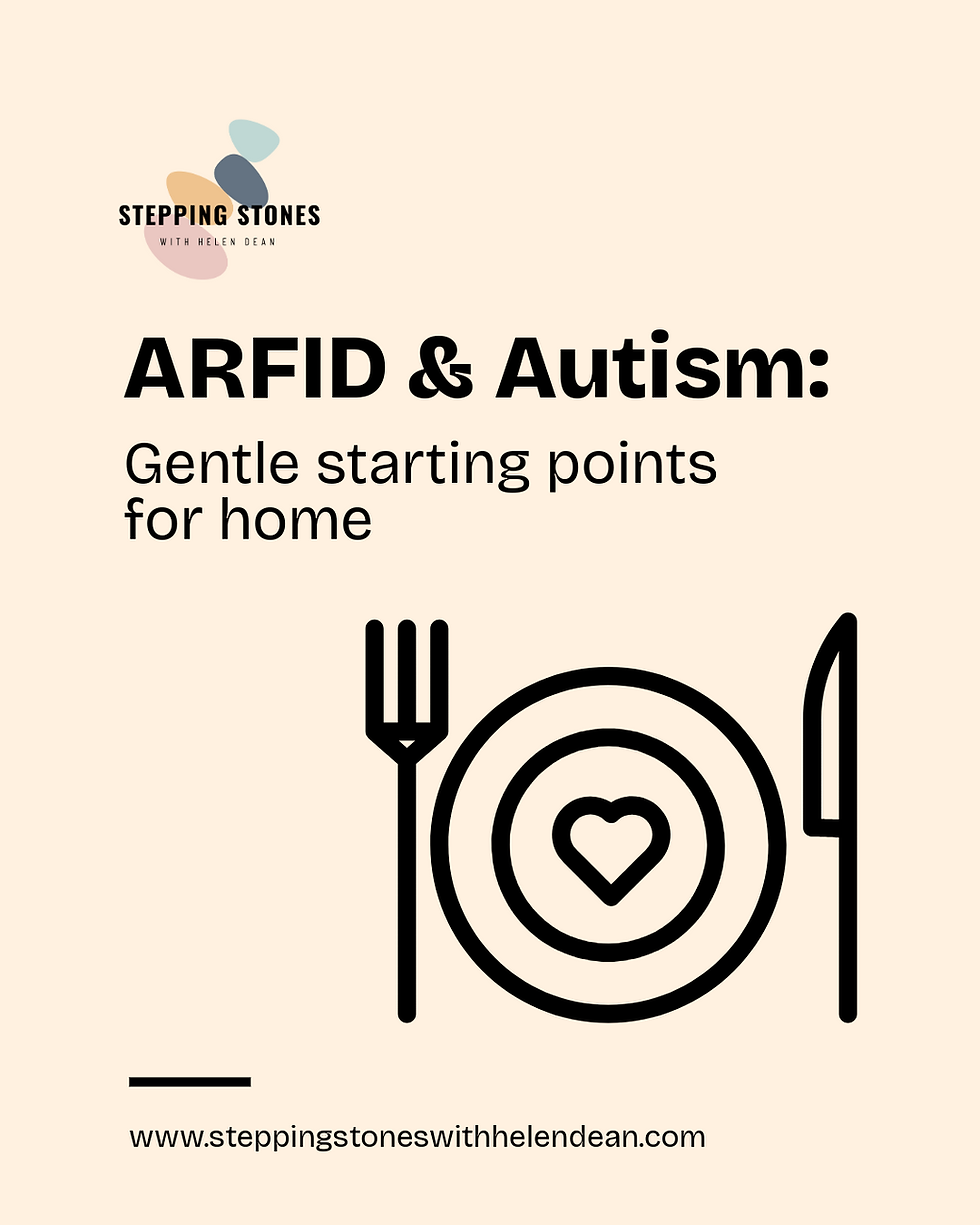What happened to just loving food?!
- hdean1974
- Oct 22, 2023
- 2 min read
Loving food, in its essence, hasn't disappeared; it remains an integral part of human life and culture. People around the world continue to appreciate the pleasures of eating, and food remains a source of joy, connection, and celebration. However, there have been significant shifts in how people relate to food, which may sometimes cloud the simple enjoyment of it. Here are a few factors that have influenced our relationship with food:
Health Awareness: With the rise of nutritional science and increased awareness of the impact of diet on health, some individuals have become more focused on the health aspects of food. While this is a positive development in many ways, it can sometimes lead to people viewing food primarily as a means to an end (i.e., nourishment) rather than a source of pleasure.
Diet Culture: In some cultures, there's an emphasis on dieting and achieving certain body ideals, which can create a fraught relationship with food. People might start to view food as the enemy or feel guilty about enjoying it, especially if it doesn't align with restrictive diet plans.
Busy Lifestyles: In today's fast-paced world, people often have less time for cooking and savoring meals. Convenience foods and fast food have become more prevalent, which can lead to a hurried and less mindful approach to eating.
Environmental and Ethical Concerns: Some individuals are becoming more aware of the environmental and ethical implications of their food choices. While this is important for sustainability, it can sometimes introduce a sense of moral responsibility that complicates the simple joy of eating.
Despite these challenges, it's important to remember that loving food can still be a fundamental part of life. Many individuals and communities prioritize food as a source of joy and connection, not just for its nutritional value. Here are some ways to foster or rekindle a love for food:
Culinary Exploration: Try new recipes and explore diverse cuisines. Cooking and enjoying a wide range of flavors can be a delightful experience.
Mindful Eating: Take time to savor your meals and appreciate the textures, aromas, and flavors. Being present during meals can enhance your enjoyment.
Social Connection: Share meals with loved ones. Food has a powerful ability to bring people together and create lasting memories.
Balanced Approach: Embrace a balanced approach to food. Enjoy nutrient-dense foods for health and indulge in treats or comfort foods without guilt when it feels right for you.
Food Education: Learn about the cultural, historical, and culinary aspects of food. Understanding the context of a dish can deepen your appreciation.

Embracing a balanced, mindful, and joyful approach to eating can help you reconnect with the pleasures of food while still considering its health, ethical, and environmental aspects.






Comments